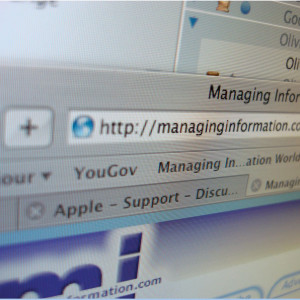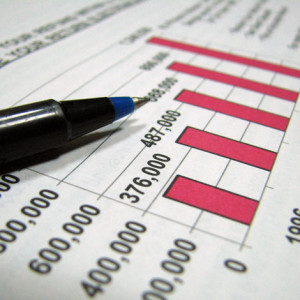Living the American dream
Don’t Compete. Change the Game.
By Nand Arora
The past few years have been trying for almost everyone, including optimists. Our global crises have ranged from tsunamis and nuclear meltdown to debt, unemployment, banking, and housing. In the midst of this gloom, at least two American companies have continued their quiet ascent to the top in their field.
Apple shares touched $600 on Thursday, March 15, 2012, making it the world’s biggest company, worth $539 billion and on track to becoming the most valuable company of all time. Apple’s valuation is now higher than the gross domestic product (GDP) of Poland, Belgium, Sweden, Saudi Arabia, or Taiwan.
After Facebook’s initial public offering on May 18, 2012, the company ended its first day of trading with a value of $100 billion. The company’s valuation is more than Amazon and that of other well-known companies such as Kraft, Walt Disney, McDonald’s, and Boeing. Facebook will have an estimated one billion active users by the end of 2012, which is approximately 14% of the world’s population.
One hundred billion dollars – for a company that eight years ago didn’t even exist.
How did these two companies achieve such business miracles while stalwarts of the previous era like Hewlett-Packard, Dell, and Cisco systems are laying employees off and struggling to survive?
Apple and Facebook were also small companies at one time. These two companies did not compete head-on, in the traditional sense, to become a little better than their rivals or a little more efficient by improving productivity through cost cutting. They changed the game instead. They created products and services that dazzled consumers and defined new industries. They invented the future that consumers wanted and the world needed. Apple’s rise shows that consumers are willing to pay for products they want, even during periods of recession and austerity. The company was also a huge beneficiary of globalization. It not only used low cost countries to produce quality products designed in America, but also sold throughout the world.
The world population is expected to reach 9.1 billion by 2050; two billion more people than in 2012. Our planet is getting more crowded, flatter, and hotter. Rising populations will lead to increasing scarcity of resources, high pollution, waste, and climate change. This presents new challenges as well as new opportunities for entrepreneurs and small businesses to carve out new industries to solve these problems, while making money at the same time, just like Apple and Facebook.
“The American, by nature, is optimistic,” JFK once said. “He is experimental, an inventor and a builder who builds best when called upon to build greatly.” People ask “Why?” Americans ask, “Why not?”
Never before in the history of mankind have we faced challenges, as well as opportunities, so monumental. “When you don’t have resources, you become resourceful,” says K. R. Sridhar, the founder of the Silicon Valley fuel-cell company Bloom Energy. Now that’s the type of creativity we need to live the American Dream and the future we want.



